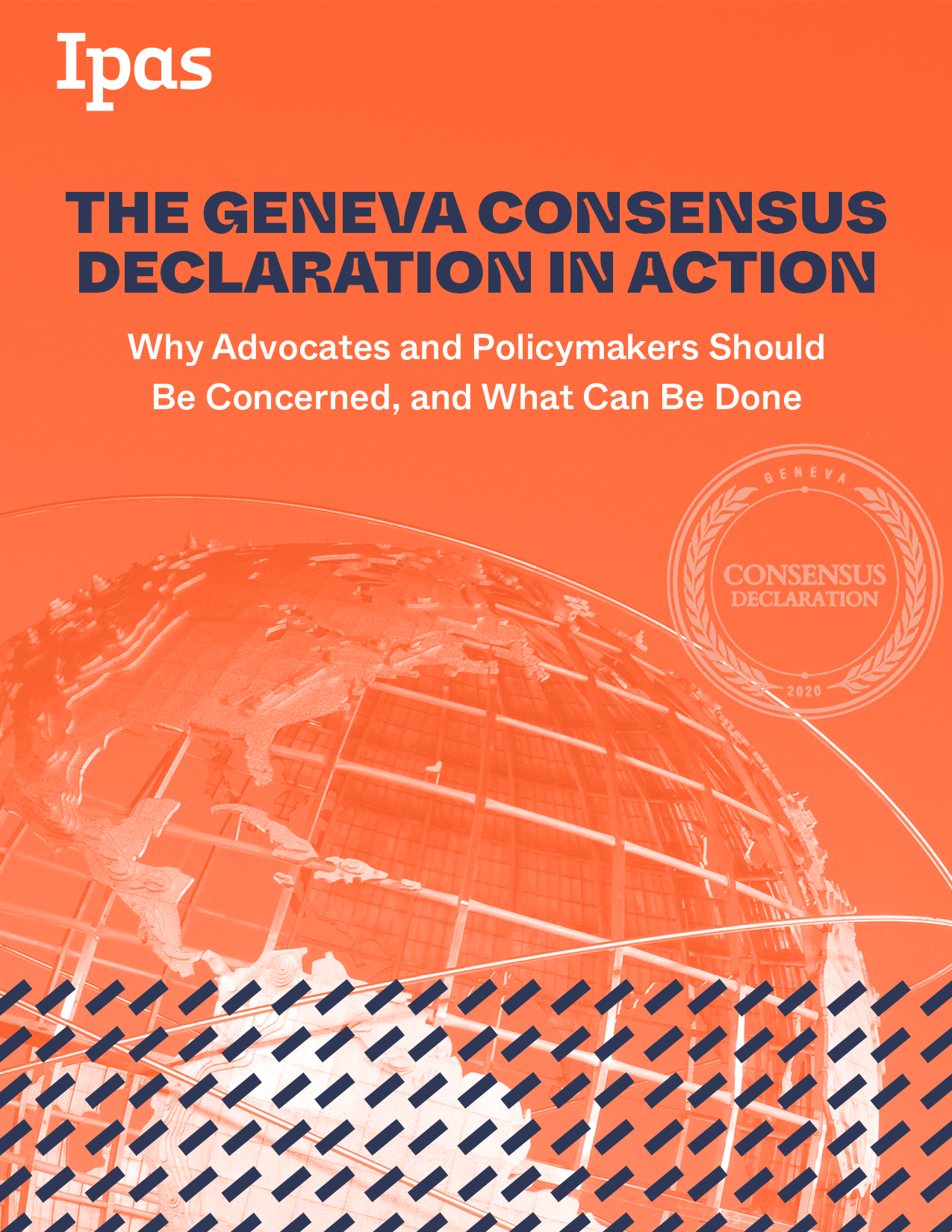
The Geneva Consensus Declaration in Action
Why advocates and policymakers should be concerned, and what can be done
The Geneva Consensus Declaration (GCD), an anti-abortion manifesto launched at the end of the Trump administration in 2020, initially brought together 32 countries opposed to sexual and reproductive health and rights and LGBTQI+ rights. While the Biden administration withdrew the United States from the GCD, it has gained additional signatories under the stewardship of former Trump official and GCD architect, Valerie Huber. While non-binding and unenforceable, the GCD is highly impactful: it is referenced in the Heritage Foundation’s Project 2025 transition plan for the second Trump administration, and Huber’s organization, the Institute for Women’s Health, has piloted the Protego “women’s health framework” strategy to implement the GCD at the country-level. To date it has been rolled out in Guatemala and Uganda, with expansion plans in both Anglophone and Francophone Africa. With Trump’s reelection and the high likelihood of an expanded and more aggressive promotion of the GCD, any policy or program based on it principals is catastrophic for bodily autonomy and reproductive rights. In this Ipas resource, we answer key questions that address how Huber’s work remains a concern for women’s health, bodily autonomy, multilateralism and democracy, and what can be done.


